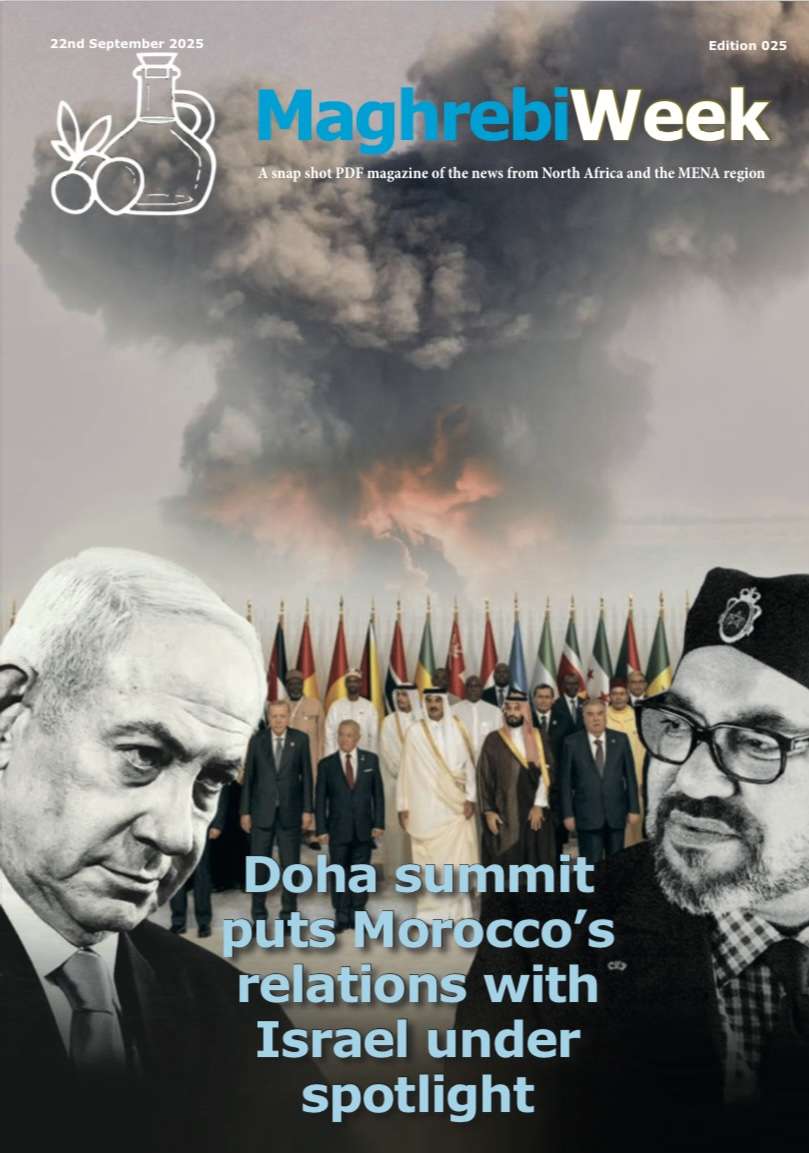West Bank Palestinians stranded as Israel closes crossing

Israel has shut the Allenby Bridge crossing — the only international passage connecting the West Bank to Jordan — leaving over two million Palestinians unable to leave or return, the BBC reported on September 25th.
The Israeli airport authority, which oversees the crossing, known as the Allenby Bridge, said the shutdown started on the morning of September 24th “at the direction of the political leadership” but did not give an explanation. The closure follows the killing of two Israeli military personnel near the crossing by a Jordanian gunman, who was ultimately killed. Although the bridge had briefly reopened, the indefinite closure now leaves Palestinians stranded.

The closure has disrupted travel plans for many Palestinians. Medical student Maxim Giacaman from Bethlehem, was forced to cancel a key educational trip abroad. “I have a rotation for one month in Germany for cardiac surgery,” he said. “And it was a big opportunity for me and for my future, my medical future. My plane is on Saturday, and I was planning to go to Amman, Jordan today. So it’s miserable.” Leading Palestinian politician Mustafa Barghouti described the move as a “dangerous” step that imprisons people in the West Bank and deprives them of “the only passage out,” highlighting the effect on families separated across borders.
The Allenby Bridge is also a critical route for trade and humanitarian aid. Israeli authorities report that roughly 9% of aid trucks to Gaza go through it, highlighting the closure’s impact on medical supplies and essential goods. Palestinians fear that the shutdown may be a response to the recent international recognition of a Palestinian state by the UK, France, Australia, and Canada.
Residents in Ramallah, say that recognition alone does not address their daily hardship. Diaa, 23, told the press: “While recognition is important, what we really need are solutions.” On a busy street in Ramallah, Kamal Daowd, warned that without upholding Palestinian rights, recognition is “nothing more than ink on paper.” Many Palestinians also fear the continued expansion of Israeli settlements, which effectively removes prospects for a two-state solution.
This closure comes amid tightened Israeli control across the West Bank following the 2023 Hamas-led attacks in southern Israel. New checkpoints, large-scale military operations, and escalating settler violence, including attacks on areas such as Khillet al-Dabaa and Pine Tree Nursery, have further restricted Palestinian mobility. The combination of limited access, ongoing violence, and the symbolic recognition of Palestine abroad underscores the gap between international action and the reality of life in the West Bank.
BBC, Maghrebi.org
Want to chase the pulse of North Africa?
Subscribe to receive our FREE weekly PDF magazine










